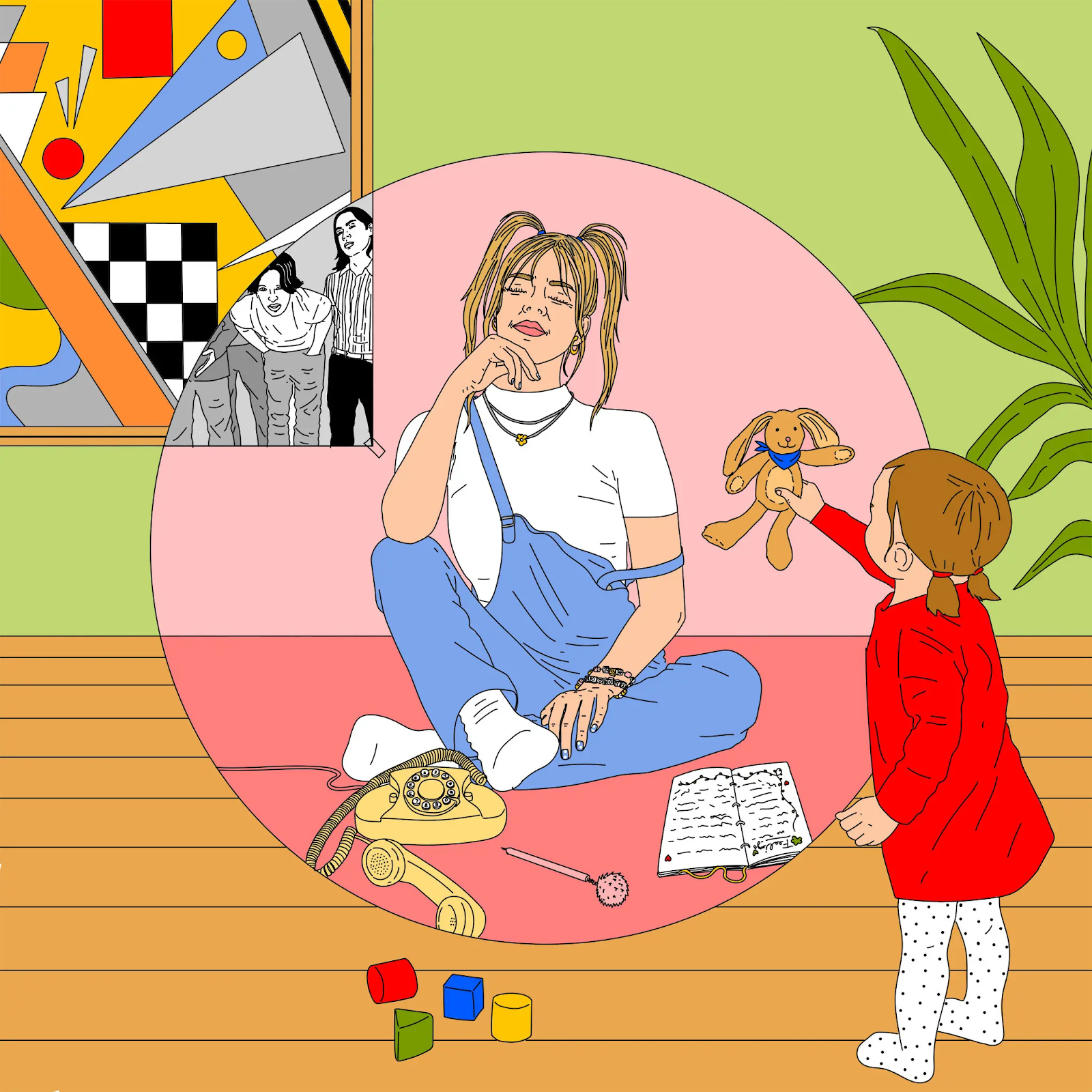Anirudh Week 16: Nostalgia and Its Influence on the Human Mind
Have you ever experienced moments when you remember a time from the past and long for it to happen again?
I think we have all felt nostalgia at least once in our lives, reminiscing about a certain time that we want to relive. Sometimes it is more intense—overwhelming our thoughts with the memory—and other times, it remains for a brief moment. Nevertheless, this is a strange feeling that plays a significant role in our lives.
According to an article from the University of Southampton, nostalgia is a “complex emotion” with a “mixed affective signature.” People tend to “[feel] emotional,” experiencing a mix of happiness and a “sense of loss and longing.” The impact of nostalgia is profound, as people have a greater sense of “belongingness, affiliation, or sociality.”
For me, nostalgia offers a way to relieve some stress, especially before important tests. The memory of a calming experience helps me improve my attitude toward the approaching task, and I become filled with a sense of gratitude. It tells me that I am living a good life and that I cannot allow one test to render all my other efforts useless. It reminds me of the various other obstacles that I have overcome, convincing me that this one test is not the end of the world.
However, I must admit that the feeling of nostalgia is slightly irritating at times. Although I love remembering good moments in the past, it sometimes fills me with a gut-wrenching feeling that is hard to shake. I know that I cannot always be obsessed with the events of the past—I have no control over them. Yet, nostalgic memories overwhelm me in such a way that I gain an immensely strong desire to return to that moment. It often requires a great deal of effort to subdue this desire, which is not a preferable circumstance.
For as long as we create good memories, nostalgia will have the ability to influence our thoughts and emotions. It is a natural human tendency to remember good times, no matter how hard we try to focus on the present. Life is composed of all three aspects of time—past, present, and future—and we only truly know about one of them. Since we prefer thinking about what we know, the past has a profound effect on our lives.


Hello Anirudh, I had a fantastic time reading your blog this morning! It was all-around flawless—from its thoughtful hook to its well-structured argument about nostalgia and its influence on the mind. To be honest, I can attest that there are times when I long to relive a past experience. Just last night, I reflected upon a 2017 Disney Land trip I went on with my cousins—it was bittersweet to think about, but I was glad I did. I appreciate how you integrated the ideas of the University of Southampton article as it demonstrates that you are building your argument upon a diversity of perspectives—even those that countervail yours. I encourage you to continue this practice in the future, as it strengthens your writing by establishing credibility. I noticed your nuanced approach to evaluating nostalgia, acknowledging the cons and much as the pros. Like you, I like to reflect upon memories when I am in a stressful atmosphere, especially during a test. But yes, they can be irritating at times, in that they elicit bitter feelings that are difficult to shake off. Your conclusion then ties everything together. I appreciate you taking the time to discuss this rather emotional topic and engaging the audience throughout the text.
ReplyDeleteHi Anirudh! I like how you started with a relatable question, which immediately drew me in. Your integration of research from the University of Southampton adds depth and credibility to your reflections, while your personal anecdotes about using nostalgia to manage stress before tests provide a relatable and heartfelt touch. It's clear that you have thought deeply about the mixed emotions tied to nostalgia, and your balanced perspective on its positive and negative aspects is commendable. To enhance your blog further, you could talk more about the academic side of nostalgia, expanding on how nostalgia influences mental health or decision-making, and referencing additional studies, would provide better context. Additionally, discussing strategies for managing overwhelming nostalgia could offer practical takeaways for readers facing similar challenges. Some smoother transitions between your personal experiences and general observations would improve the overall flow. Lastly, ending with a call to action, encouraging readers to reflect on and share their own nostalgic memories, could create a more engaging conclusion. Overall, your blog is a heartfelt and insightful exploration of a complex emotion, and I enjoyed reading it.
ReplyDeleteHi Anirudh! The mix of scientific explanation and more introspective analysis in your post makes your coverage of nostalgia comprehensive and enjoyable. I found your sentiment towards nostalgia to be relatable and inspiring at times; I especially liked the idea of allowing nostalgia to invoke feelings of gratitude.
ReplyDeleteAnother curious thing about nostalgia is how it can cloud and distort our recollections. A somewhat infamous example of this the tendency of older generations to look upon things from their childhood and bemoan how much better things were back then—often without realizing that what made those things special was not the things themselves but their ability to enjoy them that have since been lost to the responsibilities and pressures of growing up. It's easy to hone in on the pleasant feelings of the past without realizing how much has actually remained the same or even improved. Sometimes, it's just a matter of mindset to recreate the same feelings that we long for; other times, circumstances outside our control stand in our way. Even then, though, we shouldn't allow the past to hinder us; perhaps we can find the same joy in other avenues, but we'll never know that if we remain stubbornly stuck in the past.